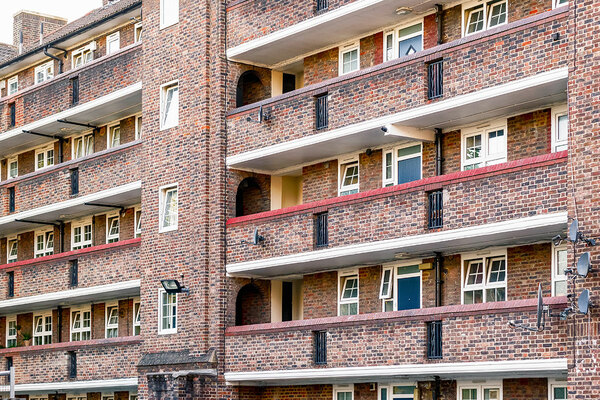LONDON-The Confederation of Co-operative Housing [ CCH ], and its partner organisation, PPCR, days ago received a £500,000 government grant to roll out a new training package open to tenants living in social housing in England. The national scheme aims to help residents engage effectively with their landlord to demand a higher quality of service, where needed.
Residents will learn how to take an active role in how their home is managed through a series of workshops, forums and online resources that will run over the next two and a half years.
The programme will drive a process of cultural change in the social housing sector leading to a better balance of power between landlords and residents. It will also help to improve residents’ awareness of their rights to raise complaints and to access the services of the Housing Ombudsman.
It will focus on activities that achieve a maximised breadth and diversity of resident involvement in the programme through a tiered approach to raise awareness and provide access to information and resources.
CCH Chief Executive Officer, Blase Lambert, said: “CCH and PPCR is receiving support from government to enhance our work empowering and inspiring social housing residents in England.
“We exist to promote resident empowerment and control and want all residents to understand their rights, be able to raise issues with their landlords, hold them to account, and to be able to shape and improve the services they receive and the homes they live in.”
“Our vision for this programme is for it to be a catalyst for change, complementing other government actions outlined in the Social Housing White Paper, helping to drive a process of cultural change in the social housing sector, and leading to a better balance of power between landlords and residents.”
Minister for Social Housing, Baroness Scott, said: “Landlords are responsible for giving tenants the decent home they deserve and the government is taking action to ensure tough consequences for any who fall short.
“We also want to make sure every resident is heard and has the opportunity to be actively involved in how their home is managed. “This new government-backed scheme will help to do just that – empowering residents to challenge their landlord where needed and contribute to positive change in their homes and communities.”
The programme activities will commence in spring 2023 with a series of training sessions across the country, monthly online webinars, and the publication of a wide range of resources for residents through online social media and click to view platforms.
Meanwhile, in 2020, a cross-party group of MPs urged the UK government to commit to a major drive on building social homes to pull the nation out of what it called a “social housing crisis”.
This is after a report from the Housing, Communities and Local Government [HCLG] Select Committee research showed ministers will need to think smarter about how public land is used and seriously increase funding to councils – and ensure 90,000 social homes are built a year to beat the current shortfall.
Despite ministers setting out a target of 300,000 new social homes per year by 2025, the volume of social housing created since the announcement in 2017 has stayed in the low thousands.
It will take a funding uplift of £10bln a year to get the social housing initiative on track, the committee said.
The number of households in England living in temporary accommodation like B&Bs and hostels soared by 82 per cent in the past decade, with the number of rough sleepers shooting up by 165 percent in the same period, according to pre-Covid-19 counts. The HCLG committee estimated that more than a million homes were lost from England’s social housing stock since 1981, yet only 6,827 new homes were built in 2019.
SOURCES: CCH, Big Issue
Buy your copy of thecooperator magazine from one of our country-wide vending points or an e-copy on emag.thecooperator.news
